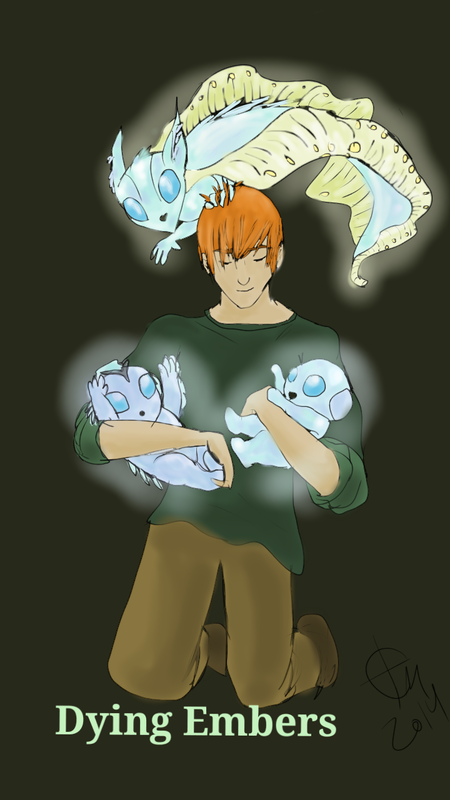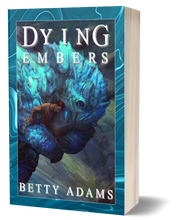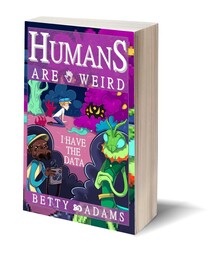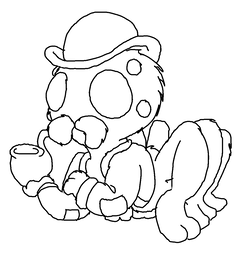The girl reluctantly put her science fiction novel down and walked over to where her dad was holding some thick tome with a picture of a man looking very intense on the cover. She knew what was coming. The biography must have touched on some central nerve of wisdom that her Dad found profound enough to share with the entire house.
"During this time period I quickly learned to always carry around a small notebook and pencil in my right breast pocket." her Dad read clearly.
She nodded along to show she was listening as her Dad read the explanation of how important note taking was. It wasn't that she doubted him precisely. It was just that that sort of thing was for the dour faced military men that decorated the covers of old biographies. It wasn't like she was ever going to forget anything important.
Fast-forward a few decades.
The author howls in frustration as she stares at the blank computer screen. The faint memory of the feeling that comes from a really good idea being all that remains of the story idea that came to her when her right breast pocket was distinctly empty of pencils and notebooks.
Every author knows the horrible sensation of an idea slipping out of their mind never to return. (If any author does not know, none of the rest want to hear it.) There are many ways to preserve these fleeting thoughts but far and away the most common is a simple notepad.
General ideas can be written down but sometimes specific images need to be drawn. It can be easy to forget what main characters look like when focusing on behaviour and dialogue. If an author has drawing ability they can sketch out their own designs. However some authors can't draw much above a first grade level. They then depend on friends and hired artists to generate the place holding pictures for them.







 RSS Feed
RSS Feed


